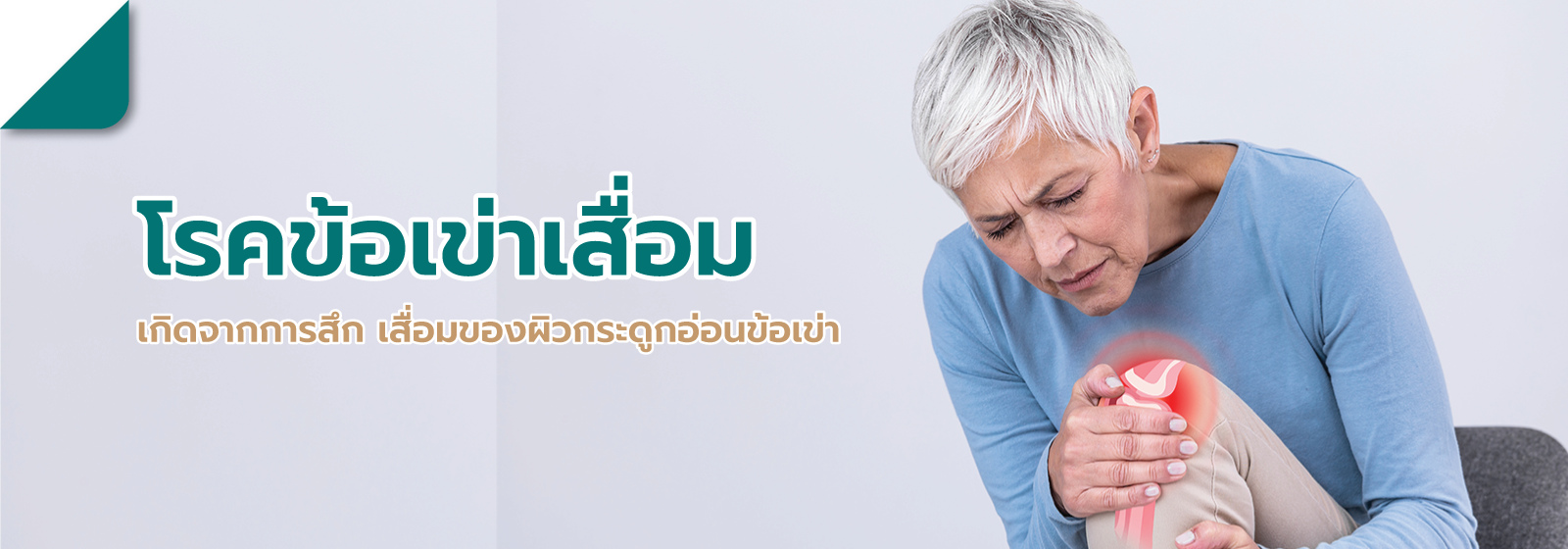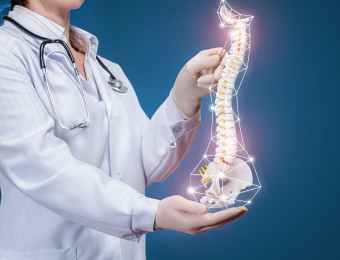
Knee Osteoarthritis
knee osteoarthritis, is a condition that results from the gradual deterioration of the knee joint's cartilage. It predominantly affects individuals over the age of 60 in women and over 65 in men. There are various causes, including natural aging, genetic predisposition, improper knee use, and knee injuries such as fractures.
Symptoms of knee osteoarthritis include knee pain, particularly when walking up or down stairs, sitting for extended periods, or bending the knee. There may be audible popping or grinding noises in the knee, limited range of motion, or deformities in the knee joint.
Treatment for knee osteoarthritis includes oral medications to reduce pain and inflammation, lubricating injections to alleviate joint stiffness, and bone repair. In addition to medication, behavioral adjustments in knee use are crucial. Patients should avoid unnecessary stair climbing, reduce or refrain from activities that strain the knees, and use walking aids if necessary. Weight loss can also help reduce the progression of knee osteoarthritis.
If medication and behavioral changes do not improve the condition, knee replacement surgery may be appropriate. Advances in knee replacement surgery have made it less daunting, with small incisions, minimal pain, and the ability to walk on the same day as the surgery, greatly improving the quality of life for patients.
25 Dec, 2023

THEEWIN TANUDUMRONG, M.D.
Specialties Orthopedic Surgery, Hip and Knee Arthroplasty
 EN
EN
 TH
TH CN
CN


